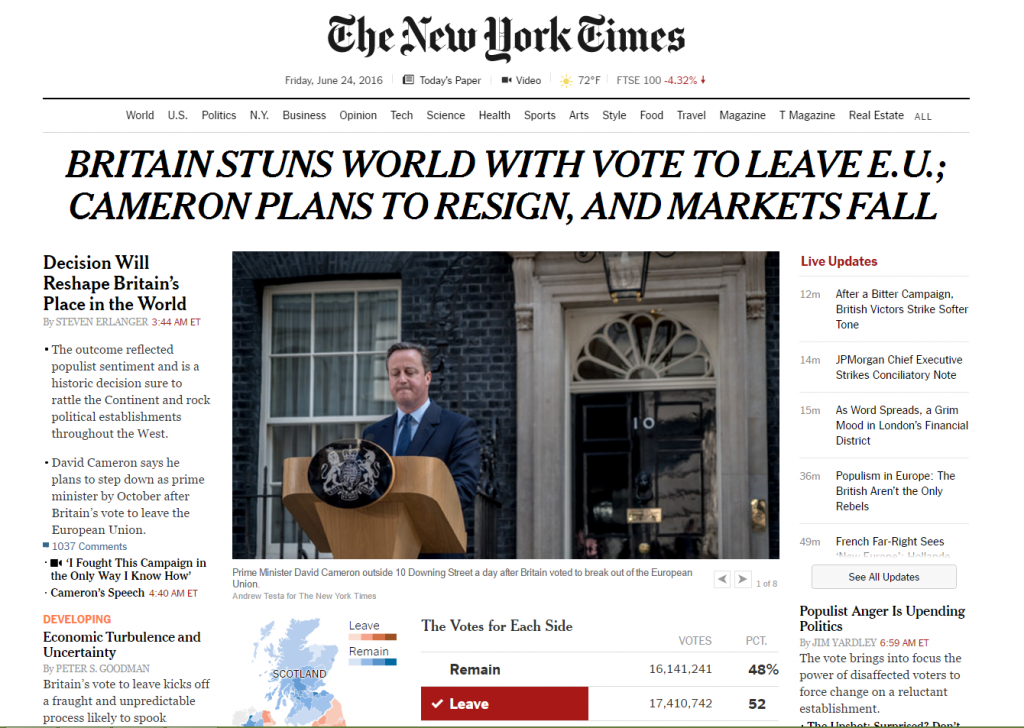Humans Haven’t Yet Figured Out How To Combine Culture and Ethics
“The good of any one individual is of no more importance, from the point of view (if I may say so) of the Universe, than the good of any other.” This famous line from Henry Sidgwick’s The Methods of Ethics sets out a basic idea that, in some form or another, is at least part of most thoughtful philosophical understandings of morality: at a fundamental level, you and yours are no more important than them and theirs.
Yet many of the goods in life—from a mere sense of belonging, to the highest expression of fine arts—are cultural, that is, the product of partially distinct groupings of individuals typically based on morally arbitrary factors. And many of the goods of modern life depend on the existence of a diverse range of cultures, each adding to the interestingness of the world we experience. So far, it seems that the preservation of cultures, and the goods that they provide, requires some kinds of exclusion.
And so we humans are tossed around by the ethical pull of sameness and the cultural push of difference.
There is some way, I hope, to peacefully and sustainably accommodate ethics and culture. But we haven’t figured it out yet. We are fearful and panicky, ill-informed about how the world works, over-committed to an inflated sense of our own group’s importance, inadequately appreciative of what those different from us add to the world, and resistant to recognizing just how similar we are to them.
Yes, I know these remarks are abstract, but it is what I’ve been thinking about lately, and what some recent headlines (including, but not limited to, the one below) have made topical—even if many other factors besides those I mentioned are releveant.



Just a friendly comment to maybe push this line of thinking forward: maybe we should re-think the relationship between Sidwick’s maxim and the “ethical pull of sameness”. The maxim says that my welfare and your welfare are equally *important*. Not that we are the same or even that we are similar. That latter thought is more Kantian: that at some metaphysical level, there is some property we all share (humanity) that grounds our equal importance.
But since we now reject the absurd Kantian metaphysic that underlies the “sameness” model of ethics, we are left with Sidgwick’s, which, as its recent advocates will tell you, is 100% consistent with all kinds of in-group thinking (for the reasons you provide in the second paragraph). What you call the “fundamental” level is not meant to guide worldly human thought, but abstract philosophical reflection on the shape that worldly human thought ought to take. So really, we are just left with the practical question we faced all along: how to balance the various human goods you name, given our contingent situation. “Ethics”, defined in terms of abstract moral theorizing about fundamental principles, has very little to offer with respect to that question.
Important issues, Justin. If I might stump for my own work momentarily (as it directly addresses these issues), my new book argues that ethics is fundamentally a matter of social/cultural negotiation constrained by several principles of fairness, and that traditional philosophical and “commonsense” ethics have largely gone astray by supposing that answers to complex cultural/moral/economic questions involving real human beings can be properly answered in through abstract argument, viz. individualistic (e.g. Kantian), collectivist (e.g. Utilitarian), or other moral principles and/or virtues. I believe that if we truly want to bridge the schism between ethics and culture you mention, we need to fundamentally reconceptualize morality away from the model of abstract argument and toward a model of interpersonal/cultural negotiation and compromise. The dominant model of “ethics as argument” invites divisiveness as well as even more harmful reactionism–the kind of reactionism increasingly pervading politics today. When complex moral-cultural-economic issues are settled primarily through abstract argument, people tend to feel (rightly, in my view) that their own complex concerns and interests–concerns about how to balance particular interests against universal interests, how to balance freedom, equality and culture, etc.–have not been given a fair hearing. And when people do not think they have been given a fair hearing, there is (as I think we all know) a human tendency to react negatively, blaming others for the perceived unfairness and adopting reactionist social, political, and economic policies that then in turn create even more problems, including more perceived unfairness (by those negatively affected affected by whatever reactionary policies are adopted).
Just to be clear, I do not mean to suggest that morality always requires social negotiation and compromise, or that there is no legitimate role at all for abstract moral argument (on the contrary, I defend several principles of fairness as side-constraints on negotiation that rule out negotiating with racist, sexist, and other fundamentally unfair norms). But, I think, as long as people believe–as I think most people do now–that morality is primarily a matter of arguing *at* people rather than working with them (within certain constraints), we go about ethics precisely the wrong way, realizing an increasingly divisive world in which people on all sides of issues think that they have been treated unfairly, and in which we all suffer as a result.
http://www.marcusarvan.net/#!my-book/p5g13
Shaftesbury sees there as being a continuum between the ethical and the aesthetic. The IEP entry is a good place to start for someone unfamiliar with his thought… See also Michael B Gill’s book on the British Moralists
https://books.google.co.uk/books?id=rPloTp2T71oC&printsec=frontcover&dq=Gill,+Michael+B.,+2006,+The+British+Moralists+on+Human+Nature+and+the+Birth+o&hl=en&sa=X&ved=0ahUKEwiKhp3W-ezNAhWEB8AKHVfRAI0Q6AEIHjAA#v=onepage&q=shaftesbury%20aesthetic&f=false